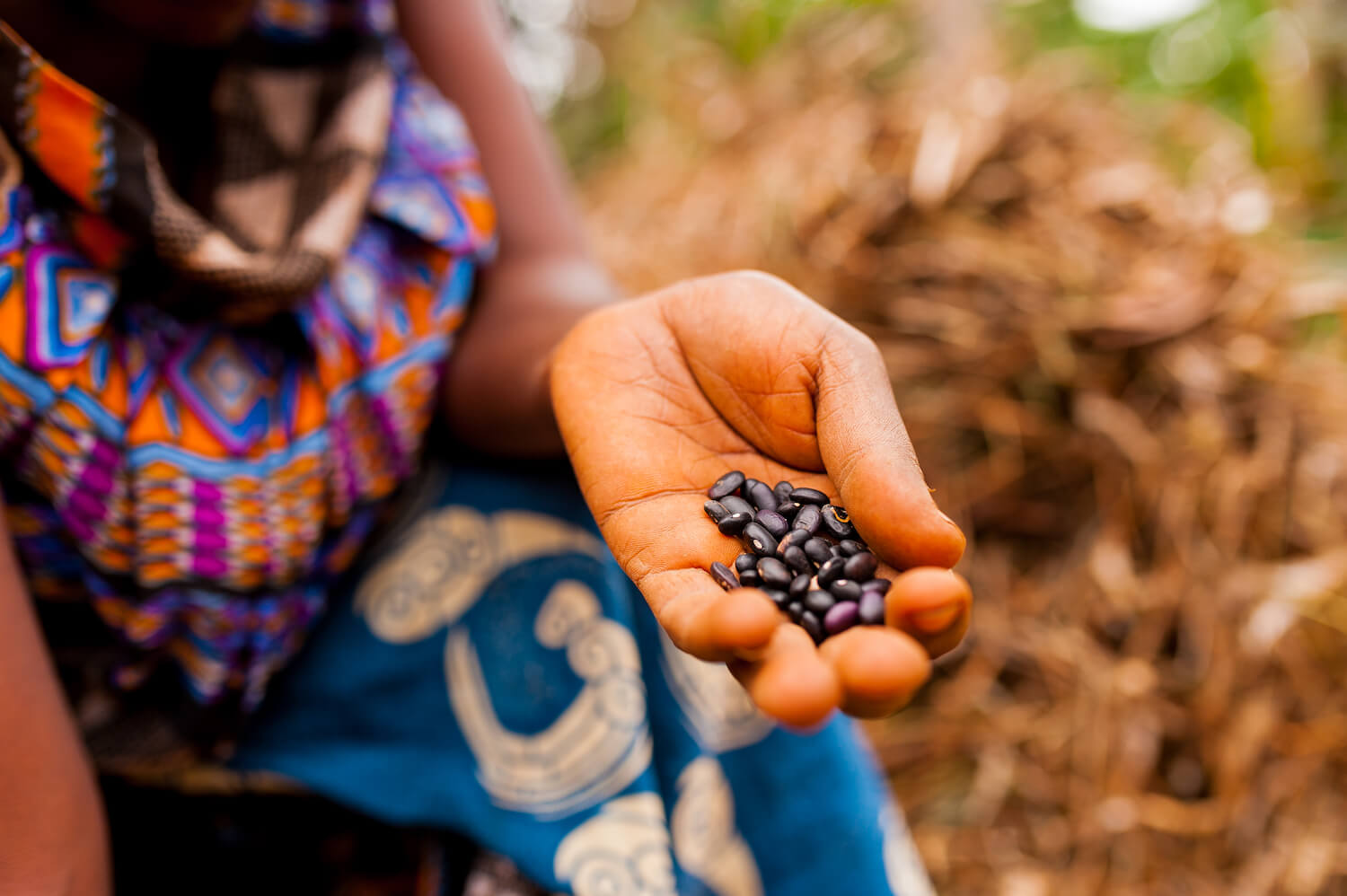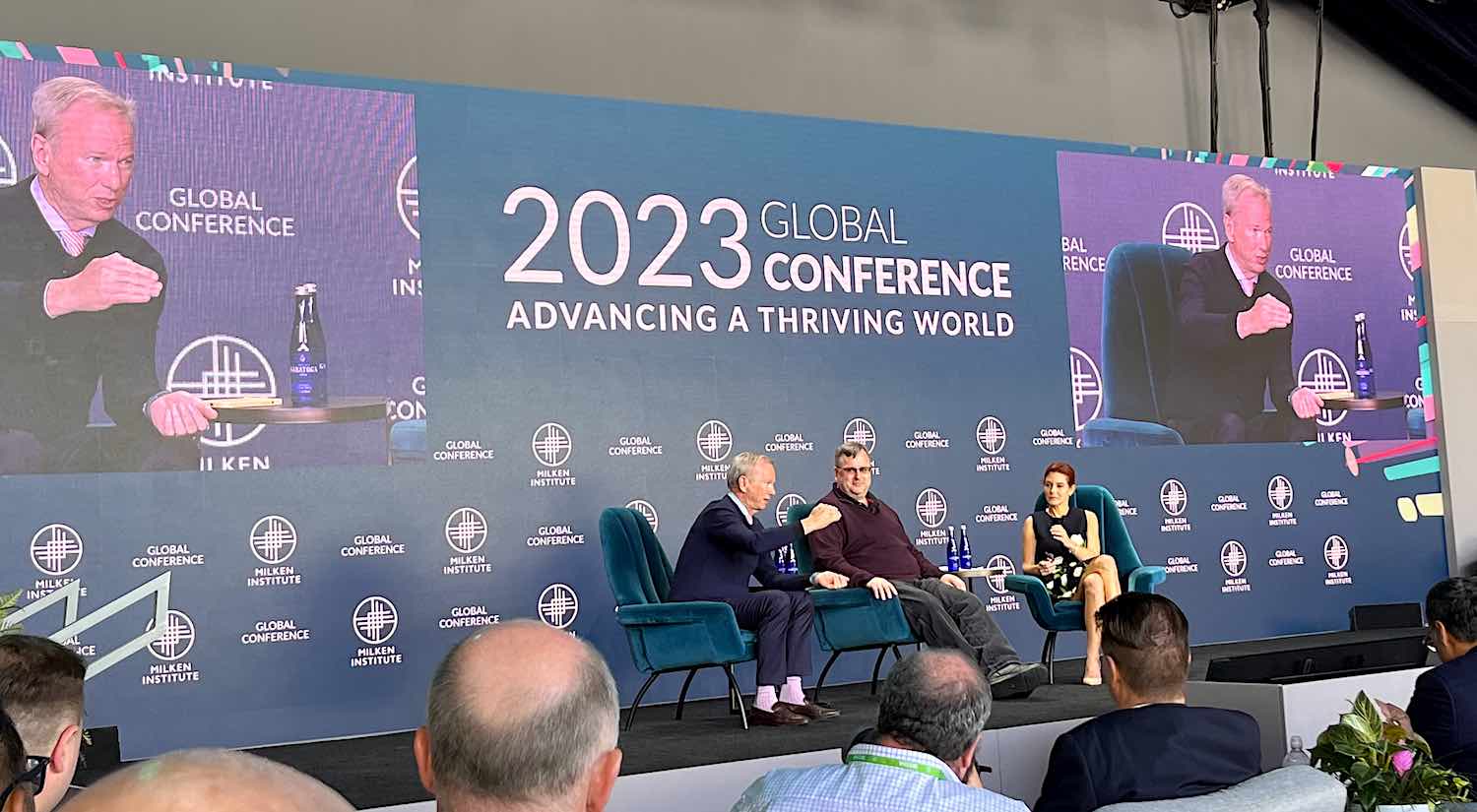Editor’s note: This blog is part of ImpactAlpha’s series, “Sustaining Impact,” authored by participants in the Catalytic Capital Consortium (C3) Sustaining Learning Labs. Key insights have been published in a C3 Guidance Note (for more, see the executive summary and full report). C3 sponsors ImpactAlpha’s catalytic capital coverage.
This year I represented Small Foundation in the Catalytic Capital Consortium (C3) Learning Lab led by Courageous Capital Advisers, which focused on the role of catalytic capital to address structural capital gaps in emerging markets in order to sustain impactful funds and initiatives.
These thoughtful conversations with others in the field enabled me to reflect on what it means for investors to develop a systems change strategy – moving beyond the typical impact investing focus on individual deals and outcomes to tackle deeper, underlying challenges.
Small Foundation has long observed an issue within the field of development. We saw impactful ideas become strong pilot schemes with the potential to support a particular area, country, or region out of poverty. However, all too often these solutions had no means of scaling, or struggled with sustainability past their initial phase. These observations helped to develop our thesis that a commercially viable business ecosystem is necessary to sustainably improve opportunities and livelihoods in sub-Saharan Africa (SSA).
This drew us to using catalytic capital for a variety of organizations across a range of tools, from grants to equity investments: investing in mission-aligned intermediaries such as AgDevCo and IPDEV2; supporting research and ecosystem-building initiatives, such as impact networks like the Council of Smallholder Agricultural Finance; and amplifying the voices of our partners including through supporting the dissemination of books by Aunnie Patton Power and David Ehrlichman.
Over the years, our investments in change-making organisations have matured and developed. Some have scaled to expand operations and deliver improved livelihoods for thousands of people; many have evolved their original model to survive and better service their target market; and a few have folded and ceased operation, but such is the nature of embracing risk and backing new ideas.
Small Foundation has always aspired towards systems change, recognising that we are only one actor in the vast micro, small and medium enterprise (MSME) ecosystem in SSA. Witnessing the evolution of our investments and continually engaging with other ecosystem actors over the years has shaped our perception of the MSME ecosystem and how we fit in. We applied these learnings to our recent strategy refresh to refine and formalise a systems change approach to our work.
This systems change approach implies a different role for Small Foundation as a provider of catalytic capital: through collaboration, we must understand that ecosystem, the changes required for it to sustainably thrive, and what role we can most impactfully play. A systems approach to leveraging catalytic capital requires us to deploy four key mindsets:
- Shift from a transactional mindset. We do not look at single investments in isolation; instead, we look at where an investment sits in the ecosystem, how it relates to our portfolio and the rest of the market and how we see it contributing to a change in the small-business ecosystem. We do not only look at the impact and financial performance of the single investment, but also what is happening around the investment to identify additional areas to facilitate a system change.
- Collaboration at the heart. We seek to engage with peers and other key stakeholders in the ecosystem to find ways to bring about change collectively. This means actively engaging with co-investors to bring our complementary catalytic capital ‘superpowers’ (a term coined in the Learning Labs) to an investment, and not competing for investments. We use our respective strengths to bring the right amount of capital at the right time as an investment matures to ensure that it has the best chance for success. We also support impact networks: organised collaboratives that bring together diverse stakeholders to work together towards resolving a shared, complex problem.
- Long-term perspective. Systems change doesn’t happen overnight, or even in a typical lifecycle of a fund. It requires enough runway to allow change to happen, which means shifting timelines for impact from a few years to a decade or more. It also means being comfortable with leaving our capital in an investment longer than other investors.
- Flexibility. Systems change is emergent and rarely linear. We use a range of instruments and can change our approach to meet the needs of an investment as the ecosystem evolves or circumstances change. We try to respond to the complex dynamics of the everchanging MSME ecosystem in SSA and build in feedback loops so that we can adjust our investment approach as we learn more.
These four mindsets are reflected in the five catalytic capital superpowers for sustaining transactions discussed by investors during the Learning Labs: being flexible on terms, including risk/return and tenor; moving quickly with regard to timing (importantly, participating in first closes); providing significant amounts of capital; showing tenacity in sticking with investees and targeted markets through multiple investments and interventions; and shining a spotlight on markets and strategies that might otherwise be overlooked.
As catalytic investors, we need to be cognizant of our superpowers and combine them effectively to get more deals done and achieve more systemic impact. Putting a systems strategy into practice is not easy, and Small Foundation is only at the beginning of testing this approach. We are encouraged by peers and partners that are also viewing their work through a systems-change lens, and we look forward to learning, collaborating and iterating together.
Small Foundation’s vision is a thriving Africa free from extreme poverty. Please join us as we continue our journey to show that it is possible to balance commercial viability with impact, using catalytic capital investments to support innovation in SSA for a thriving business ecosystem.
Karina Wong is head of investments at Small Foundation.




